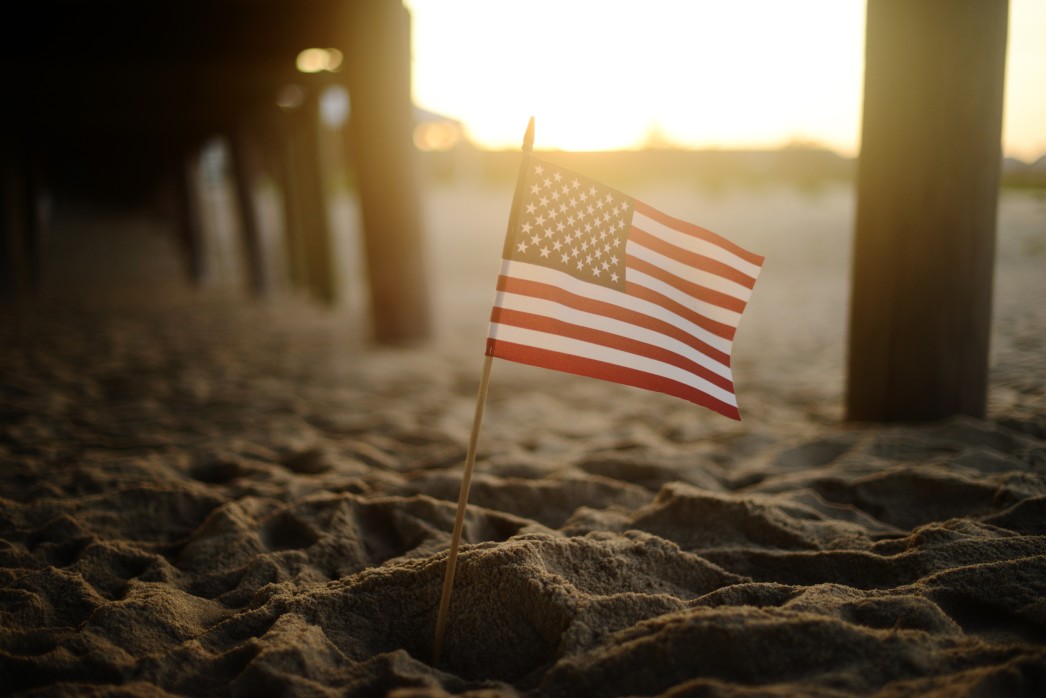On Fridays, we bring you the best of our blog and the best of the web. This week’s roundup includes a prescription for national humility, the morality of productivity, lessons on inflation and more.
1. National Pride or Humility? An Inauguration Reflection: Reflecting on the inauguration, Julia Thompson critiques America’s hubris, calling for a strong dose of humility instead.
Just 216 years later, facing a very different “ocean of uncertainty” than our forefathers, our leaders of this yet-young nation declare: “America prevails,” citing history as our vindication. This seems hubristic and naïve. Worse yet, it implies that the theme “Faith in America’s Future” is not just a peppy title but a nudge toward idolatrous nationalism. This is more than I can accept; the nation can and should have my prayers and respect, and even ask me to sacrifice—but my faith?2. Is Productivity Moral?: Hugh Whelchel, executive director of the Institute for Faith, Work & Economics, describes the moral balance between productivity and contentment.
Contentment is what keeps our pursuit of productivity from becoming an idol. Our hearts must always be focused on Christ and working for his kingdom, not our own. Material goods and resources, according to Scripture, should remain subservient to man and available to support his service to the kingdom and his neighbor.3. Necessity as the Mother of Innovation: Jordan Ballor of the Acton Institute discusses how adversity provides an opportunity for innovation.
Rather than bemoaning our fate when adversity comes, we ought to look forward in hope and creatively exercise those talents God has given us to find innovative new solutions to the myriad challenges facing the world today.4. Understanding Inflation: Changes in Purchasing Power: Robert Lawson, professor of economics at SMU, helps us understand inflation; too much of it can lead to economic disaster. 5. My valuable, cheap college degree: AEI’s Arthur Brooks tells the story of his higher education experience while making the moral case for nontraditional approches in education.
In the end, however, the case for the 10K-B.A. is primarily moral, not financial. The entrepreneurs who see a way for millions to go to college affordably are the ones who understand the American dream. That dream is the opportunity to build a life through earned success. That starts with education.


